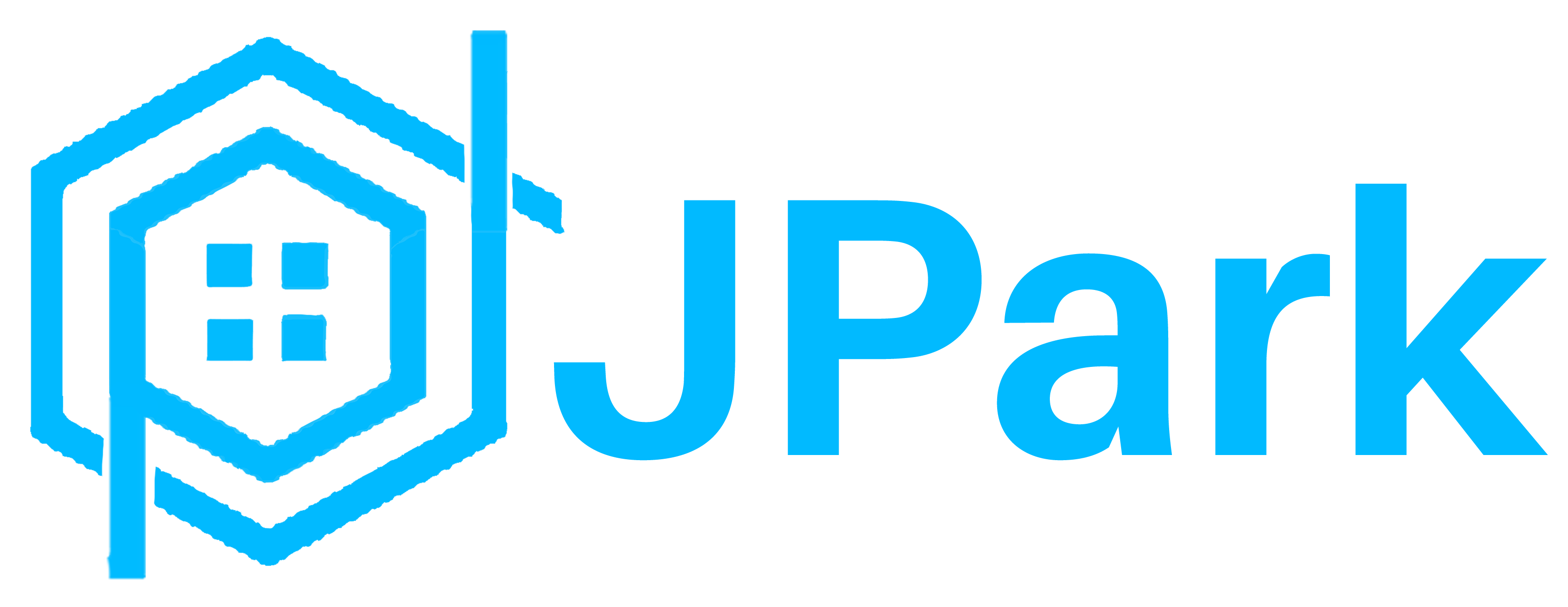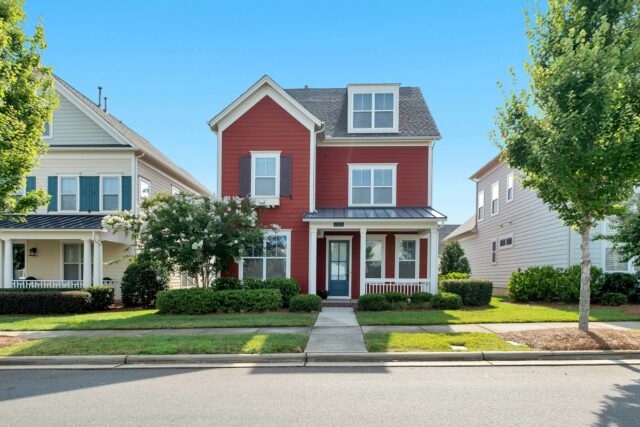
Deciding between renting and buying a home in Delaware in 2025 is a big financial and lifestyle choice. With housing prices stabilizing and mortgage rates hovering around 6.5%, many residents are wondering if now is the time to make the leap intohomeownership. Meanwhile, rental prices continue to rise, especially in high-demand areas like Wilmington and Middletown. Delaware offers both challenges and advantages depending on your situation—such as generous first-time homebuyer programs or flexible rental options. The right choice often depends on how long you plan to stay, your financial readiness, and your long-term goals. Whether you’re building equity or seeking short-term freedom, it’s important to understand both paths. In this article, we’ll break down the pros and cons of renting vs. buying in Delaware—and offer advice to help you make the smartest move in 2025
Market Snapshot: Where Things Stand in Delaware
As of mid‑2025, average rents in Delaware hover between $1,500–$2,000 per month, depending on city and unit size. One- and two-bedroom rents typically fall within this range, with Wilmington averaging around $1,720 and Middletown closer to $1,800 (turn0search2, turn0search8). Simultaneously, the median home value across the state is roughly $405,948, with a modest annual increase of about 1.9% (turn0search0, turn0search1). Inventory is improving—months of supply have climbed to 2.6 months, giving buyers more leverage and slowing bidding wars (turn0search9). Mortgage rates in Delaware are stable at 6.5%–6.85% for 30-year fixed loans, trending below recent peaks yet above historic lows (turn0search1).
Renting: Pros, Cons & When It Makes Sense
Pros:
- Flexibility and lower upfront cost: Renters avoid major down payments, closing costs, and maintenance responsibilities.
- Less commitment: Ideal for those unsure about long-term location plans or facing job changes.
Cons:
- No equity-building: Rent payments contribute to someone else’s asset, not your own.
- Rent volatility: Lease rates can increase at renewal and landlords may sell the property or change rules (turn0search4).
- Limited control: Renters cannot renovate or significantly alter their living space without permission.
Feedback from Delaware renters highlights how challenging it is to find affordable, long-term rental housing—especially near cities like Newark or Wilmington. Some report paying over $2,000 for shared townhomes or struggling with limited availability and high deposit requirements (turn0reddit19, turn0reddit12).
Buying: Advantages, Challenges & Ideal Scenarios
Pros:
- Equity and appreciation: With home values rising—even slowly—buyers build long-term wealth. Owning also provides options like cash-out refinancing or HELOCs for future financing needs (turn0search4).
- Stable monthly costs: A fixed-rate mortgage locks in predictable housing payments, unlike rent which can fluctuate yearly.
- Freedom and customization: Owners can upgrade, renovate, or personalize without landlord approval.
Cons:
- High upfront effort: Down payment, closing costs, inspections, and insurance add significant initial expense.
- Ongoing maintenance responsibility and additional costs like property taxes, home insurance, and HOA dues if applicable.
- Market sensitivity: Buyers face interest-rate risk and potential fluctuations in home values (turn0search4, turn0search10).
When Renting Makes More Sense
If you:
- Plan to stay in Delaware under 3–4 years,
- Need minimal upfront financial commitment,
- Or require the flexibility to move quickly for work or lifestyle changes,
then renting provides agility and low risk—especially if you’re not ready for the responsibilities and financial burdens of homeownership.
When Buying Makes Financial Sense
Buying may be smarter if you:
- Expect to stay in the home for 5+ years,
- Have saved for a down payment or qualify for first-time buyer programs (DSHA offers assistance and tax credits),
- Want stability in housing payments and the chance to build equity over time in Delaware’s appreciating market (turn0reddit19, turn0search1).
Even with mortgage rates in the mid‑6% range, long-term buyers benefit from predictable monthly payments—especially given Delaware’s comparatively lower property taxes (around 0.57%) and no sales tax
Smart Advice for Your Decision
- Run your math carefully: Use a rent-vs-buy calculator that factors in local taxes, insurance, and maintenance estimates (~1% annual home value).
- Get pre-approved for a mortgage: Knowing your budget helps compare apples to apples and shows sellers you’re serious.
- Explore assistance programs: DSHA and local lenders in Delaware offer down payment support and mortgage interest tax credits.
- Work with a local agent or lender: They’re familiar with specific areas—whether suburban Middletown, coastal Sussex, or Wilmington’s rental-to-ownership transitions.
- Account for lifestyle needs: Ownership offers customization and stability; renting provides flexibility if you anticipate relocation.
Final Thoughts
In Delaware’s 2025 housing market, renting remains a sensible choice for flexibility, low commitment, and shorter-term stays. But for those who can afford the down payment and intend to settle, buying offers equity-building potential, tax advantages, and future stability.
Whether renting or buying, your best strategy is informed decision-making: analyze your finances, time horizon, and lifestyle goals—and take advantage of local Delaware programs to maximize your position in the First State’s evolving housing landscape.





Leave a Reply